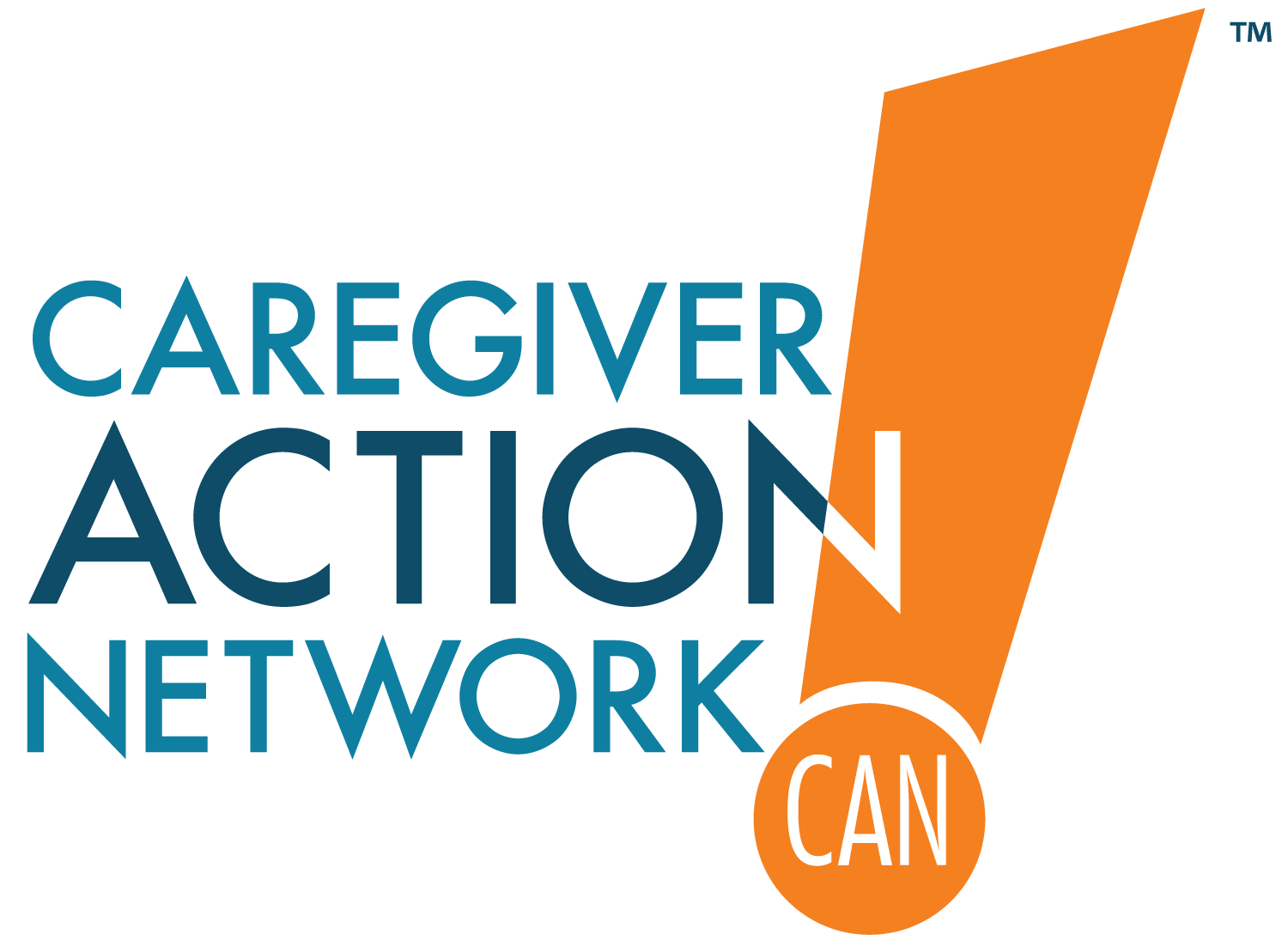There are various types of peer support, including online forums, virtual support groups, and in-person gatherings, to cater to the diverse needs of caregivers. This flexibility helps overcome challenges like time constraints or geographical limitations that might prevent caregivers from accessing traditional support services.
Caregivers often feel isolated and alone in their struggles, facing unique challenges that others may not understand. Peer support groups offer caregivers a way to connect with others who face similar circumstances, providing a sense of belonging and validation.
Caregivers can learn from hearing about others' experiences and gain practical tips and strategies for managing daily tasks and navigating challenges. This can include information on managing the care recipient's condition, handling challenging behaviors, advocating for their loved one's needs, and prioritizing self-care.

Peer support groups can be a safe space for sharing, offering a non-judgmental place where caregivers can freely express their emotions, frustrations, and fears. This can be incredibly relieving and validating, reducing the burden of emotional isolation. These groups often provide access to valuable resources and information about available community services, financial assistance programs, and healthcare options. Having this information can empower caregivers to access the help they need and make informed decisions.
